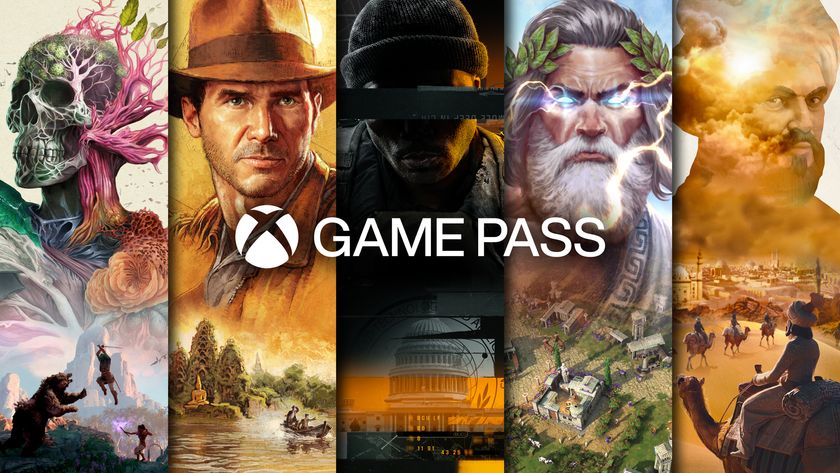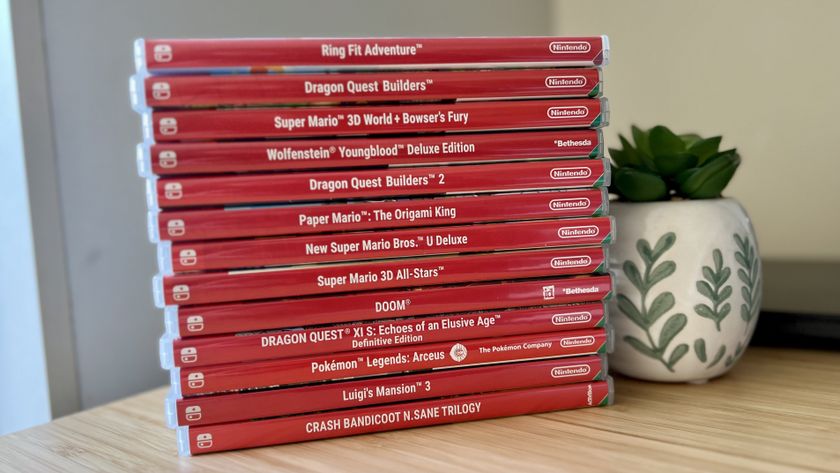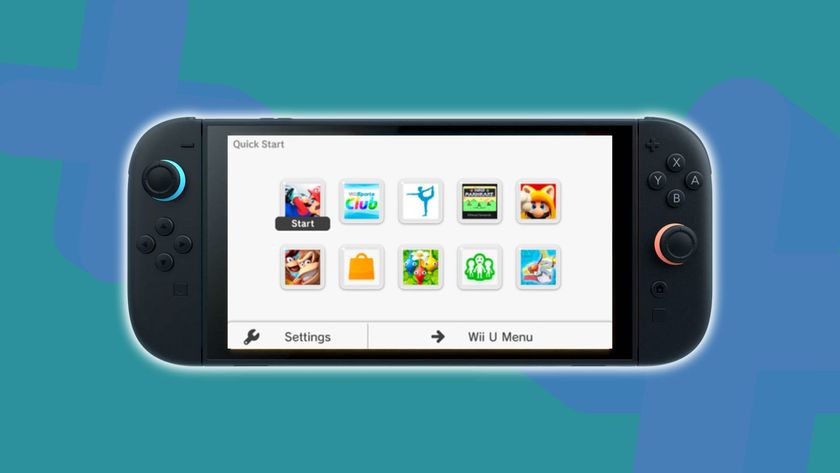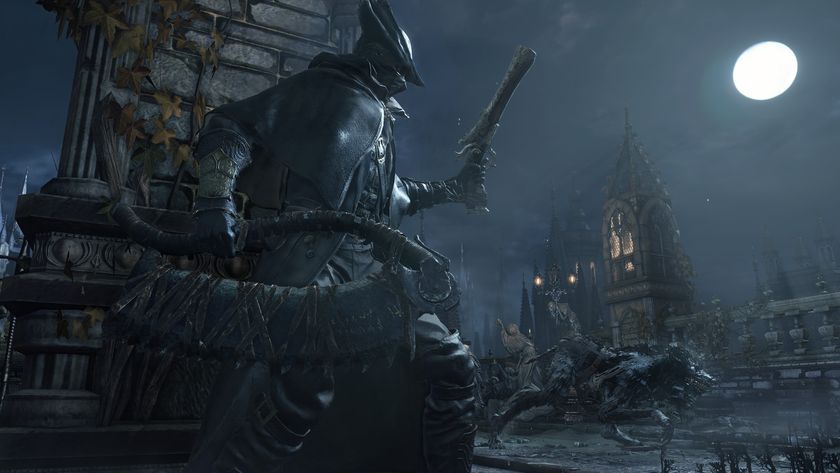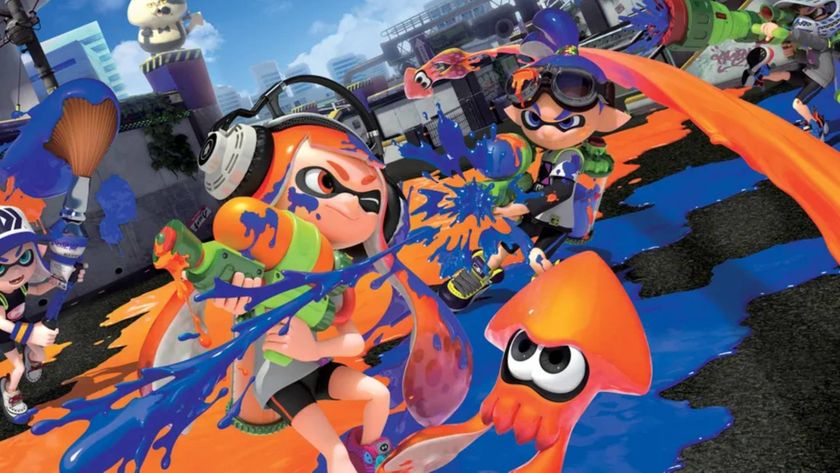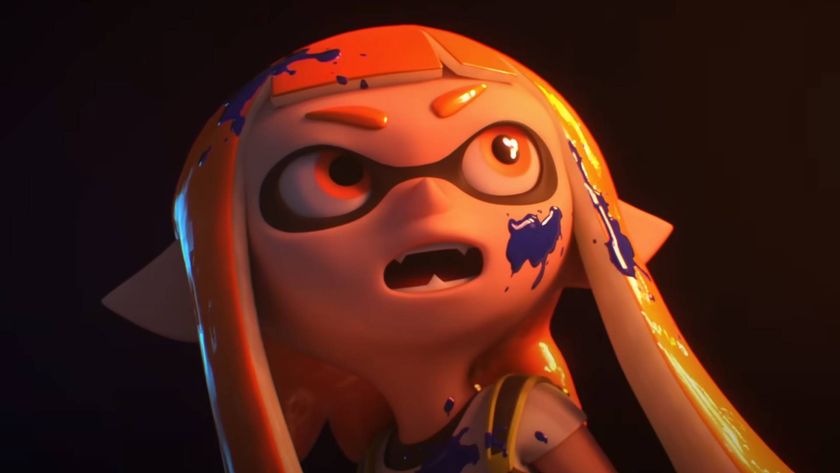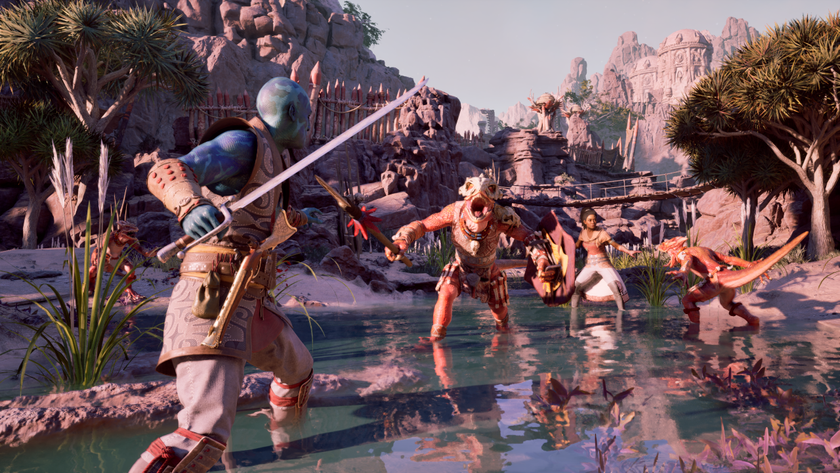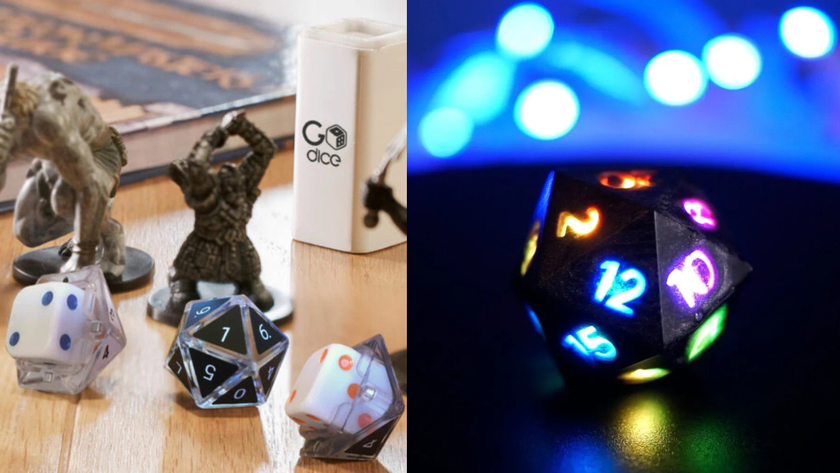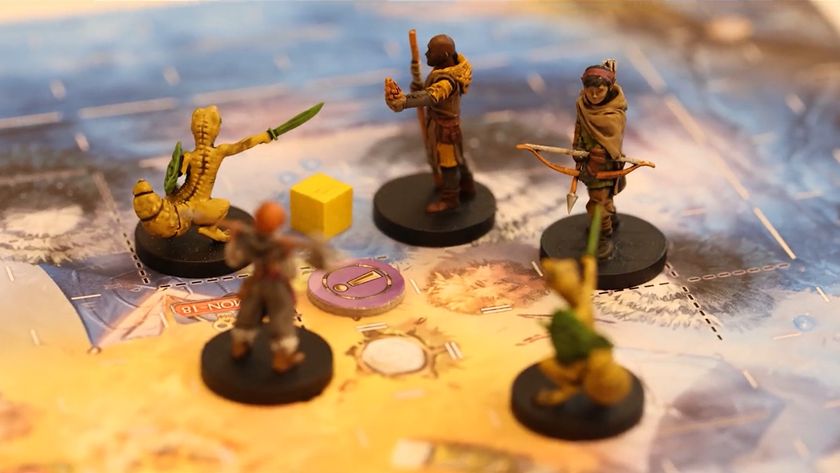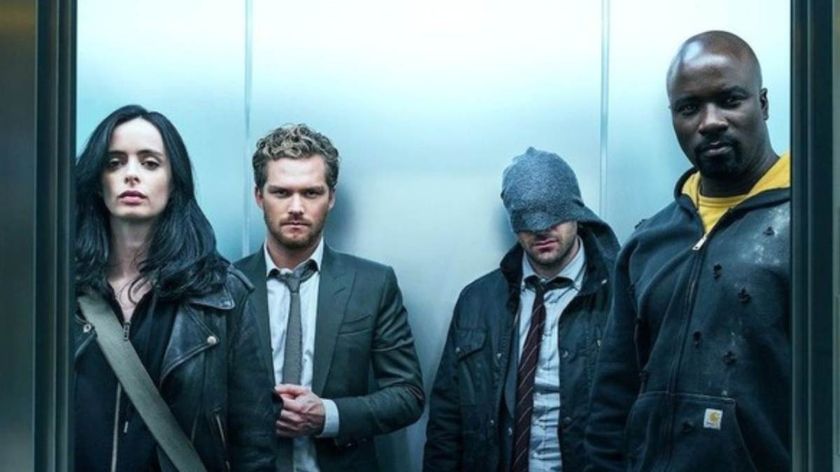The Top 7 Reasons the Super NES is Nintendos best console
20 years later, Nintendo’s second console still sits among the greatest
2 – The controller
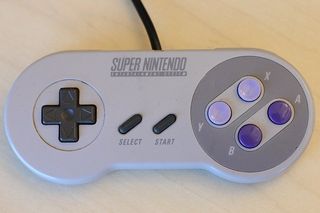
Since the N64, Nintendo has made a habit out of designing its controllers around one or two games, forcing all third parties to adapt to whatever layout made the cut. The N64, GameCube and Wii controllers all worked great for certain games, but others, especially multiplatform titles, struggled to function properly on a device tailor made for a handful of games. Not so with the SNES controller, which accommodated any and all types of gameplay; it also set a layout standard that competing companies have copied to this day.
The strange thing is, if everyone else recognized the value of this design, why has Nintendo been the only company to abandon it? Sony’s original PlayStation controller ran with the idea and added comfortable handles and two more shoulder buttons; granted, the N64’s analog stick changed was a truly revolutionary change (and was summarily adopted by Sega and Sony), but said controller was completely based around that one new idea, sacrificing any resemblance to a “normal” input device. Cut to today and even the PS3 and 360 are still refining the genius that was the SNES pad. As far as Nintendo platforms go, this remains the king of control.
1 – The best third party support
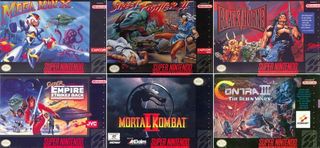
At this point in the Top 7, we’ve established the SNES’ notable sound capabilities, excellent list of games and a legendary controller to play ‘em on, but the most important reason the console succeeded (and remained relevant for so long) was its healthy amount of third party support. Nintendo famously paraded its exclusive "dream team"of devs for the N64, then slowly lost support for the GameCube, and well, we know the fate of third party Wii games. The SNES was the polar opposite, featuring franchise-defining entries in every popular series of the day.
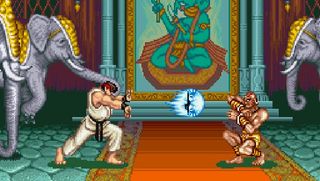
The superior port of Street Fighter II remains Capcom’s best-selling game of all time and made the SNES a crazed must-have machine throughout the early ‘90s. Capcom also jumpstarted the popular Mega Man series with Mega Man X, which went on to become an entire sub-series (and one of the best 2D action games of all time). Konami released Contra III and Castlevania IV, both of which were jaw dropping in their day and immensely fun even now.
Without a doubt, the SNES received the best gaming had to offer, and there were no compromises like we’ve seen with the past three Nintendo systems; no “pretty for a Wii game” or “it’s the same game but without cutscenes,” just flat-out amazing content from gaming’s biggest companies. Of course the SNES had its share of crap - that’s unavoidable. But compared to every Nintendo console, it had more remarkable first and third party entries than any other.
So what happened? Where did all this support go, and why are we harping on the N64 and Cube so much? Well, that’s quite a long story (more or less summarized here, but also check out Game Over for the full tale), but the gist is that Nintendo has yet to produce a console that ticks all the boxes like the Super NES. We’d argue the DS is the closest equivalent, with its huge stable of support from around the globe and (surprise!) SNES-style button layout.
Is this the best console of all time? Some of us would argue yes, though there’s plenty of room for debate as everyone’s criteria for “best” will vary wildly. But when it comes to Nintendo machines, we can only hope to see another console as well rounded and supported as the Super NES. Happy birthday, old friend!
Sign up to the 12DOVE Newsletter
Weekly digests, tales from the communities you love, and more
Aug 22, 2011


Top 7... Best launch games of all time
Nothing cures buyer’s remorse like a system-defining game on day one

The ever-changing sizes of Samus, Ridley, and Kraid
Metroid’s recurring trio stars, dissected through the ages

A unique look at Nintendo’s mascot he’d rather forget
A fomer Executive Editor at GamesRadar, Brett also contributed content to many other Future gaming publications including Nintendo Power, PC Gamer and Official Xbox Magazine. Brett has worked at Capcom in several senior roles, is an experienced podcaster, and now works as a Senior Manager of Content Communications at PlayStation SIE.
